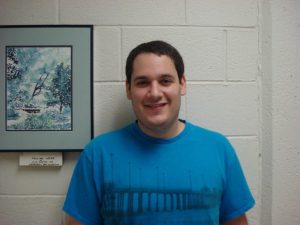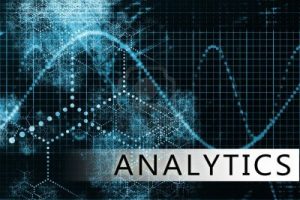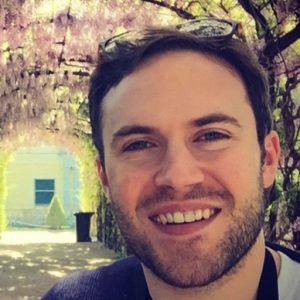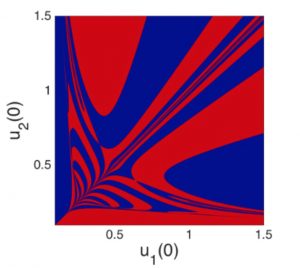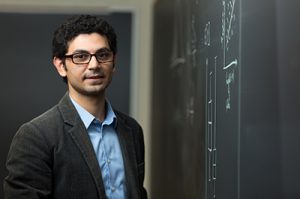
Spatial interpolation of atmospheric pollutants using Kriging
Thursday, January 25, 12:00 p.m. Room 268 in the Olin Science Building.
Abstract: Have you ever wondered how meteorologists produce prediction maps of temperature and rainfall volume across large geographic regions? They surely can’t monitor temperature and rainfall in every neighborhood across the country, yet there is a prediction available for any location. This challenge of estimating a spatial process at unsampled locations based on known (sampled) values of the process at neighboring sites is called spatial interpolation, and has a number of applications in geosciences and elsewhere: atmospheric scientists estimate concentrations of pollutants across cities or states using concentrations monitored at select sites; oceanic scientists graph salinity across water basins using water tested in certain areas; and mining engineers determine the volume of oil, gas, or other minerals underground in a region based on samples collected at a few sites. In this talk, I will present a popular statistical approach used for spatial interpolation, called Kriging. Unlike deterministic interpolation techniques, such as Inverse Distance Weighting, Kriging provides both unbiased estimates at unsampled locations, and a measure of the uncertainty associated with the estimates. I will demonstrate an application of Kriging by estimating the concentration of nitrogen dioxide, an atmospheric pollutant, over the state of Connecticut using concentrations monitored at a few locations within the state.
